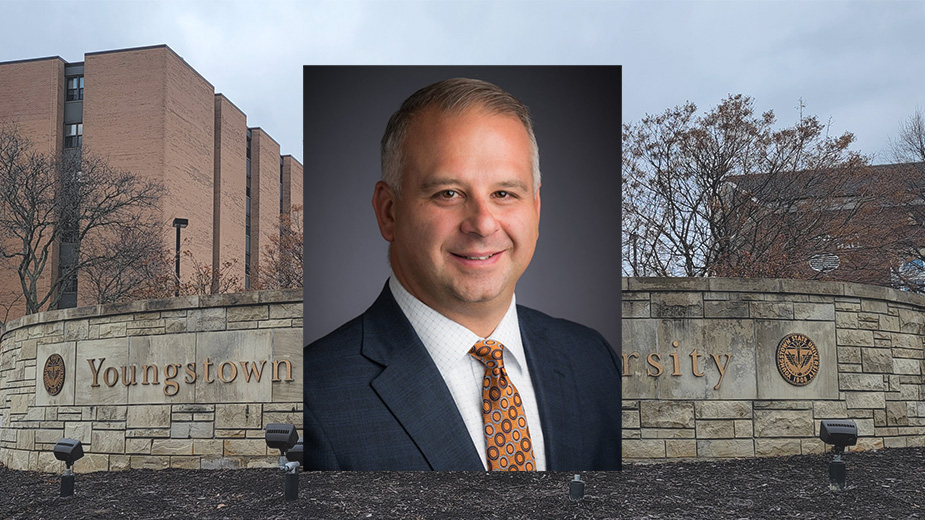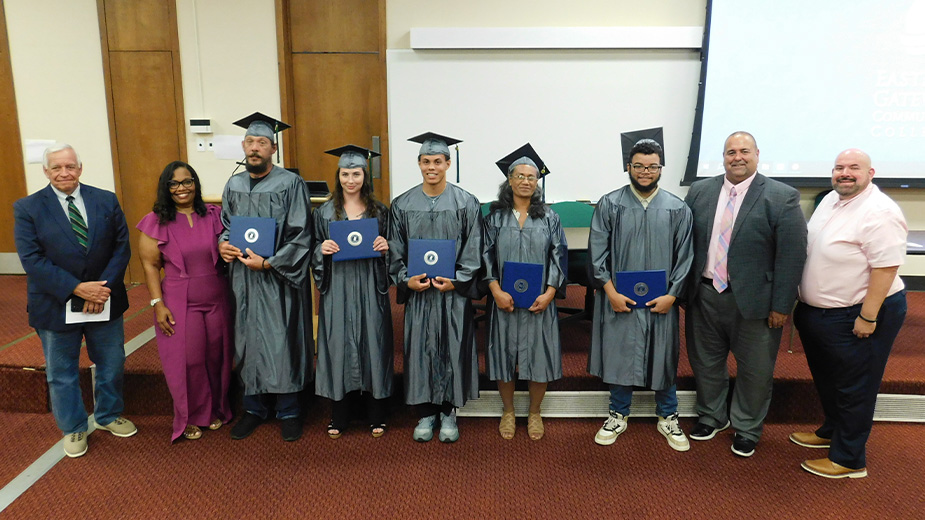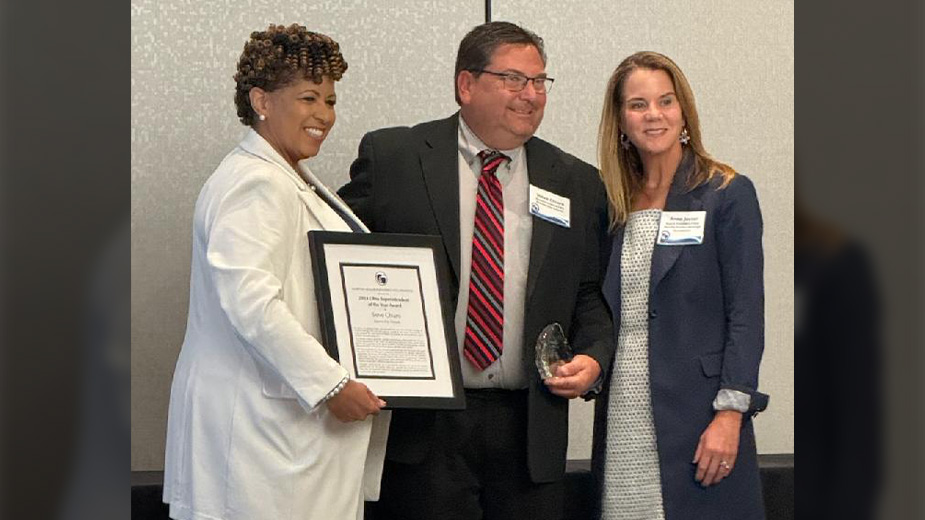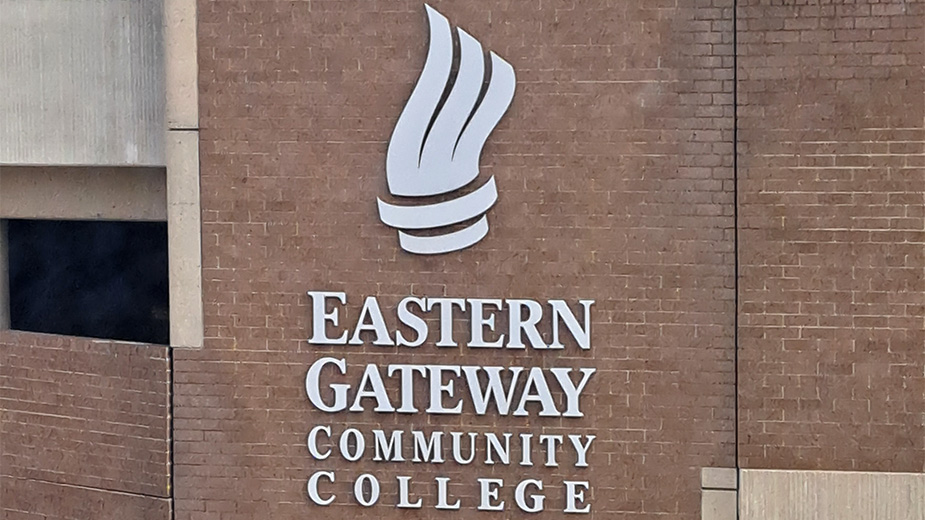Guest Commentary: We Can Do Better for YSU
Submitted by Scott R. Schulick, a former Youngstown State University trustee and chairperson. He serves as a YSU Foundation trustee and a member of the Williamson College of Business Dean’s Advisory Council. He has served as a trustee of the YSU Research Foundation and Alumni Society and has been past president of the Penguin Club. As a student, he served as president of YSU Student Government. He also served on the Academic Senate and was a student trustee.
YOUNGSTOWN, Ohio – “You can do better than YSU.” That is what many said to me as a 17-year-old thinking about my college choice.
For someone in the top 10% of his graduating class, the sentiment was that I should be looking for a “better” institution to enroll. Even as late as the early 1990s, many in our region adopted what a previous university administration dubbed “The ‘Just YSU’ Syndrome” – that is, if you could not go anywhere else, you “just went to YSU.”
That sentiment was the result of the pervasive negativity that has enfolded our community’s culture since Black Monday 1977. I was just 5 years old at that time, and I am part of a generation that has no recollection of the bustling Youngstown steel town. I have always felt something different, which is, “How can I make YSU better?” For over 30 years, two-thirds of my life, I have been involved at YSU in some way.
As a first-generation college student, I really did not have a concept of what it meant to apply to universities or live away from home in a dorm. Those concepts were foreign to me. What I did know is that there was a university a block away from my high school that offered most of the majors in which I was interested. Why would I need to go away? So I chose to apply to only one university – Youngstown State University – and selected business as my major.
Shortly after applying, I received notice that because of my grades, I earned a near full-ride scholarship as a commuter student. There would be little financial burden for my family or me to attend YSU. That was a deal I could not pass up, and one that I would take again today. I graduated from YSU with no debt, a bachelor’s degree in business, a job offer and a full-ride fellowship from the Ohio Board of Regents for graduate school. I am eternally grateful to the Youngstown State University Foundation and the State of Ohio for affording me, and countless others, the ability to receive a baccalaureate education.
Along the way, I became a YSU student leader. I became aware early on how a quality university functions, its transformative role in the lives of its students, the dedication of its faculty and staff and the benevolence of its alumni and friends. As a student leader, I took the necessary time to understand the mechanics of how a university functions. I wanted to know this so I could be successful in advocating for student causes and being a representative voice to the constituency I served. I showed respect to university leadership and, in turn, was shown equal respect by university leadership in my role. Together, we accomplished much.
Recently, I joined with former university trustees and foundation trustees to comment on the events surrounding the presidential search. From my vantage point, never has there been so much negativity, animosity or toxicity surrounding the university. Are the events of the past few months making YSU better? Sadly, they are not. For some, it has been about process; for others, it has been about the selection. For still more, it is the subsequent actions and events that extended and contributed even further to turmoil – changes to key staff and announcements of program reconfiguration.
Why was it necessary to complete all these actions at once? What or who is driving these dramatic decisions?
For decades, the university has been the beacon of light in our community. In the early 1990s, university leadership made a conscious effort to turn outward into the community and engage beyond the campus perimeter to expand on its mission of teaching and learning, scholarship and community service. Who remembers the Campus 2000 vision? Later, the University Scholars program was added to raise the bar to attract the highest performing students (30 ACT and above) and has been expanded in recent years as the Honors Program. No more was there a mantra of “Just YSU,” as these scholars went on to advanced degrees at prestigious programs and institutions around the world.
And they were not only STEM students, but students who excelled in business, education and the arts.
Shared Governance, Liberal Arts and Indoctrination
Lately, many have opined on the status of American higher education from uninformed points of view, a reflection of our polarized society that we have come to tolerate rather than obliterate.
It may be difficult for people in the business world to fully understand and embrace the concept of shared governance in academia. However, it is no different than the concept of teamwork in a corporate environment where boards of directors, management and employees work together to advance the company and workplace to be more effective, efficient and to encourage employees to produce a product or service of which they can be proud. We have project managers, teams and idea boxes. The output in a corporation is measured in how many “widgets” are produced and sold to create a profit margin.
In academia, the parallel concept is that faculty, staff, administration, boards of trustees and even students participate in the development of policies, procedures and decision-making. In higher education, the “products” are student experiences along the path, culminating in degree completion. And yes, students may take a more exploratory path to degree completion, but we all realize the “profit” is the graduate who contributes to the advancement of society.
Shared governance is not something to be dismissed as abstract, but rather embraced for the collective good of the institution. If every organization practiced the ideals of shared governance, think of how much more productive we would all be.
The attacks, too, on the liberal arts are equally misguided. Today, the word “liberal” most often refers to one’s political ideology. “Liberal arts” or “liberal education” refers to something else entirely – disciplines that open one’s mind to new ideas and tools to succeed in life, like history, writing and literature, philosophy, arts and psychology. Whether we recognize it or not, we use the liberal arts each day in our lives, even in STEM, and professional degrees. Oxford Languages defines liberal as “willing to respect or accept behavior or opinions different from one’s own.” I can think of no better definition to describe the goal of a university.
The 19th century English theologian, John Henry Newman, in his treatise “The Idea of A University,” suggests that the goal of the university, as summarized, is “to present the unified whole of knowledge to the student so that, whatever their own field of study might be, they come away with a broad intellectual formation that is capable of incorporating new knowledge, seeing its bearings on other knowledge, and judging its meaning and relevance rightly.” Newman’s argument holds true today.
The word indoctrination keeps creeping its way into the narratives of the past weeks. I am not aware of any kind of “indoctrination” at YSU in the past or present. The use of this word to suggest that students are being indoctrinated from any point of view is an affront to the intellectual ability of every college student. In America, where freedom of speech and freedom of belief are sacred, universities are places where students take diverse ideas and form their own opinions about what they believe.
While I am neither a political nor social liberal, I value what a “liberal” education provides to a student and scholar. The motto of YSU is “Animus Liberatus,” which translates as “the freed mind or spirit.” That is what a liberal education is all about, whether you are a Republican or a Democrat.
The YSU Situation
If nothing else, the current situation at the university has proven just how much people care about YSU and recognize its importance in the Mahoning Valley and beyond. The community’s reaction was as swift as the accelerated timeline demanded. Opinions were varied and vast as people reacted in different ways. It has even brought former adversaries together for a common cause.
I do not believe that our current situation suddenly developed this past November. For decades, there have been competing views of what higher education should be in northeastern Ohio. In 2006, while I was serving as a YSU trustee, the Northeast Ohio Council on Higher Education had radical ideas about a “super-university” in the region to compete with the likes of The Ohio State and the University of Cincinnati. That idea made no sense then and would make no sense now.
Today, the buzz phrase is “workforce development,” which is indeed critical to economic prosperity, but surely not at the expense of baccalaureate and graduate education. We can do both. However, I do believe that our current condition makes YSU vulnerable to those who think otherwise. We must do all we can to preserve and protect YSU as an autonomous institution controlled by citizen-trustees from our region who care about our region. The economic impact of the university is too great – “so goes Youngstown State, so goes Youngstown.”
In recent years, our region talks more about downsizing and rightsizing rather than growth. Even our streets have succumbed to a “road diet.” Let us get busy talking about growing our enrollment, growing our endowment and growing our university to grow our region. Educational attainment in the Mahoning Valley lags Ohio, and Ohio lags the nation. Ohio ranks 36th of 50 states for adults with baccalaureate degrees at 26.6%. (U. S. Census Bureau). Adults in Mahoning, Trumbull and Columbiana Counties with baccalaureate degrees rank 24%, 18.5% and 14.8%, respectively (Census Bureau’s five-year American Community Survey, taken from 2014 through 2018). On average, our three-county educational attainment rate is 19%. There is plenty of room for growth at YSU!
Over a decade ago, higher education consultants warned the YSU Board of Trustees and the administration to embrace a strategic finance initiative. They advised that YSU could not “cut our way to prosperity.” They reminded us that to be a university, we needed to offer some programs that were loss leaders, but that such programs were imperative to providing a well-rounded education. They suggested then to invest in our “cash cows” so that we could subsidize our smaller programs. While some tasks were implemented, collective leadership at the time did not have the fortitude to embrace these ideals.
Today, we are seeing cuts played out in the most egregious way, risking the viability of a comprehensive institution capable of supporting a diversified and comprehensive regional economy.
The Path Forward
Regardless of the forces or individuals that have brought us to this point, this is our reality. YSU is too important to the region’s big picture, and we all have a stake in the university’s future. I commend those who have fought like mad to preserve it and protect it these past few months. Like all of them, I remain upset and deeply saddened by the current state of affairs. Yes, YSU can indeed be better than it is at this moment. However, it is going to take years to recover from the aftermath of the past few months, requiring people of differing points of view to come together.
The board of trustees has a fiduciary duty to YSU and to always act in the institution’s best interest. That can be a complex task in the best of situations, and it’s surely more complicated now. I’ll ask this question: Is what seemed to be in the best interest of the university several weeks ago still what is in its best interest knowing the reaction of voices from many diverse points of view?
What is the most feasible and constructive path forward? It will require those involved in recent decisions and those who have offered opinions to set aside egos and work together diligently to advance YSU for the good of our region, state and nation. I believe that a cross section of leaders across the community must develop a coalition to maintain an ongoing, facilitated dialogue about the future of the university. University leadership and trustees must be open to listening, exchanging discourse and answering questions, and will be judged by actions, not words. Accountability will be key – to the taxpayers of Ohio who support funding, to the fractured YSU family and to the region at-large to restore credibility to both the board of trustees and the university.
Whatever your position is on the events of the past few months, I urge you NOT to walk away from YSU. That accomplishes nothing. Now, more than ever, it is time to stand up and let your voice be heard, direct your giving to the programs important to you or to support scholarships that change the lives of students. If you want our university to thrive, be laser focused on advancing its mission. The president or trustees will come and go, but YSU has survived Youngstown’s ups and downs since 1908.
As that first-generation college student who ended up lucky enough to chair a university board, I know that YSU can do better than its current situation. It is not “Just YSU.” It is the most important economic and intellectual engine in our region. YSU must be sustained into the future. In the words of the first American saint, Elizabeth Ann Seton, “Hazard, but forward.”
Copyright 2024 The Business Journal, Youngstown, Ohio.



